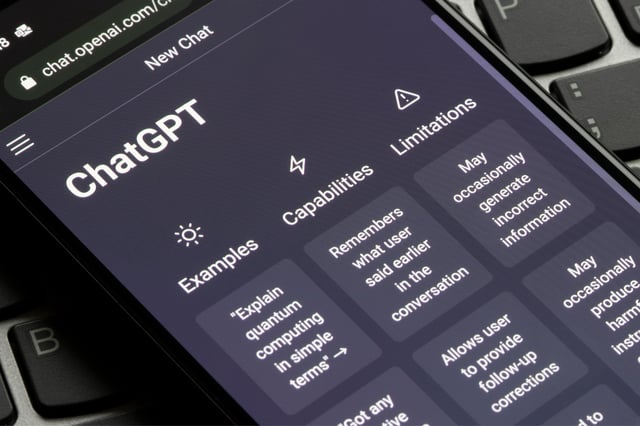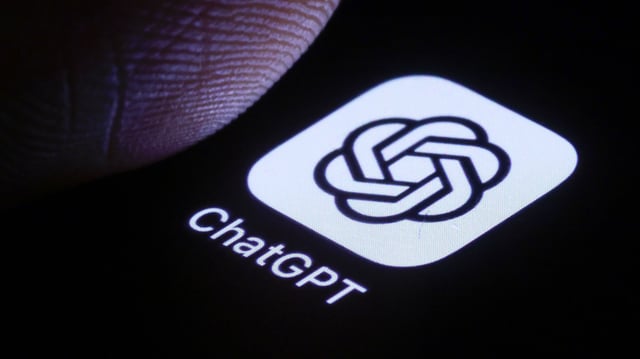Overview
- A 60-year-old man replaced dietary sodium chloride with sodium bromide for three months after consulting ChatGPT, sourcing the compound online based on halide swap suggestions
- He developed paranoia, auditory and visual hallucinations, and extreme thirst, resulting in emergency admission and an involuntary psychiatric hold
- Physicians ran broad laboratory tests that revealed multiple micronutrient deficiencies and elevated bromide levels, diagnosing acute bromism and treating him with fluids, electrolyte repletion, and antipsychotics
- The case was published Aug. 5 in Annals of Internal Medicine Clinical Cases, reviving awareness of bromism, a toxicity syndrome once responsible for up to 10 percent of early 20th-century psychiatric admissions
- Report authors and medical bodies warned that large language models can generate dangerous medical inaccuracies, prompting OpenAI to reiterate usage terms and plan enhanced health-related safety measures


